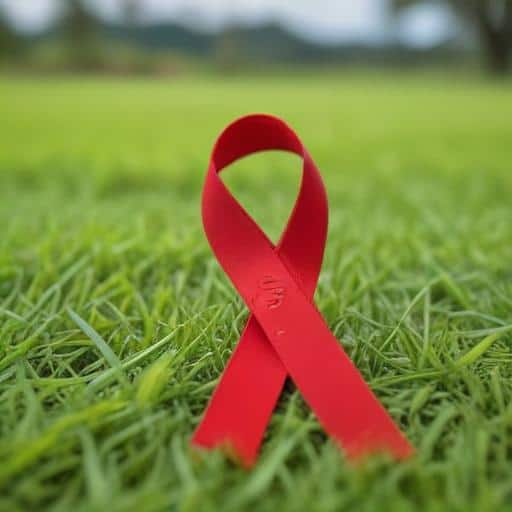Many individuals in the iTaukei community misunderstand the symptoms of HIV/AIDS, often confusing them with common local illnesses like “Bo ni Uvi” or “Kalounidraki.” This confusion can lead to a reliance on traditional herbal remedies, rather than seeking medical assistance. Litia Moce, a peer educator from Lakeba, has highlighted the importance of getting tested at medical facilities to accurately assess one’s health status. Early testing and diagnosis significantly improve treatment outcomes, helping to prevent the spread of HIV and other sexually transmitted infections (STIs).
During an awareness initiative in Lomaji, Matuku, Moce addressed the importance of timely diagnoses that enable quicker medical intervention, thus enhancing overall health outcomes. She urged community members to prioritize regular health check-ups, especially when experiencing symptoms commonly mistaken for other illnesses. Additionally, Moce emphasized the critical role of HIV/AIDS education in dispelling myths and creating a culture of open testing.
Efforts to promote awareness extend to previous outreach initiatives conducted in Yaroi village, showcasing a commitment to improving health literacy and promoting proactive health management within the community. This initiative is particularly vital, considering recent reports indicating that 89 percent of HIV positive tests recorded in the first half of the year were from individuals in the iTaukei community, along with discussions on the necessity of open dialogues surrounding HIV and drug use, as highlighted by community leaders.
The commitment to increase awareness and education around HIV/AIDS is a positive step toward addressing the public health concerns in Fiji, offering hope for improved health outcomes and a culture of openness surrounding testing and treatment. Regular engagement from community members and health advocates is essential to managing the epidemic effectively, creating an informed population better equipped to handle their health.

Leave a comment